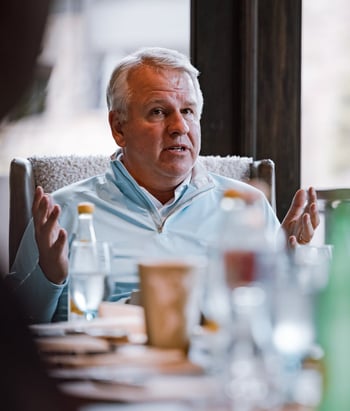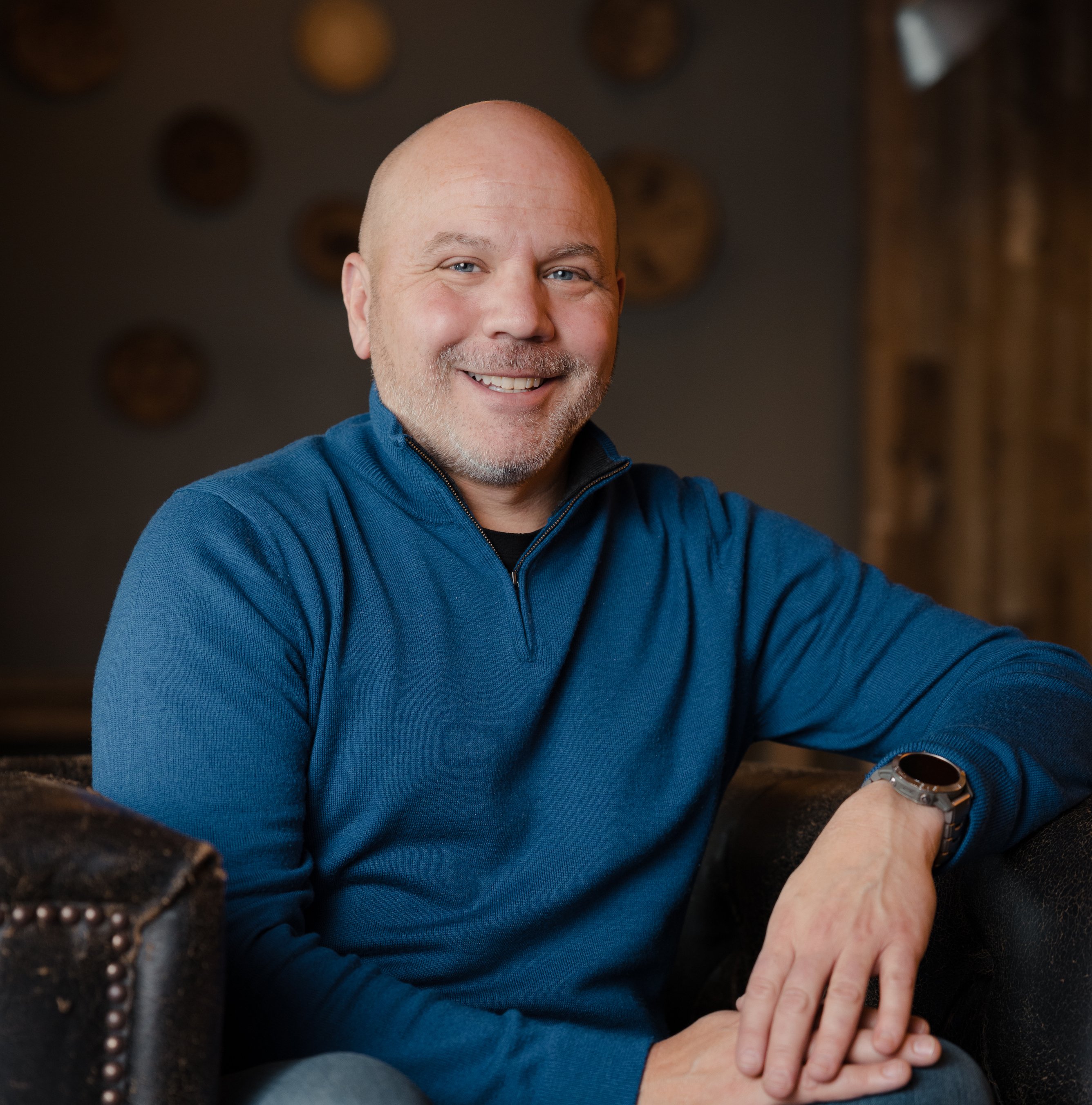What Is the Role of an Integrator™ in Fueling EOS® Success?
As a founder, CEO, or partner, you see that you can’t go further or faster without help. How do you find the right person to complement what you have built, what you do, and what you want to do next? Well-structured companies running on the Entrepreneurial Operating System® (EOS) have two key roles at the top of their Accountability Chart. The first is the Visionary, who’s typically the founder of the company and whose focus is outside. The next seat is the EOS Integrator™, a critical role focusing inside to drive operational excellence and growth.
This article will explore the Integrator's seat, roles and responsibilities, and contributions to a company's success. We'll also introduce Ninety, a platform designed to enhance an EOS Integrator's effectiveness… and propel your company closer to greatness.
What Is an EOS Integrator?
At their very core, Integrators are “operationally oriented” people. Playing one of the major leadership roles in an organization, Integrators focus on executing a company’s vision, planning the strategies and goals necessary to help realize that vision, and figuring out how to get it all done. They don’t act alone, of course — they work closely with the Visionary and a senior leadership team to discover the best ways forward.
They are, however, ultimately responsible for accomplishing major goals, driving business development, and promoting overall organizational alignment to the company vision. They’re nothing short of pivotal to the success of a highly functioning organization.
Before we get started, we need to establish that an Integrator and an Implementer are two different roles. (You can imagine how easy it might be to confuse them.) For full clarity, an Integrator works IN the business; they might be a President, a C-Suite executive such as a Chief Operating Officer, or some other senior leader in the organization.
An EOS Implementer®, on the other hand, is an EOS-trained business coach who enters the organization from the outside to assist the senior leadership team in implementing and later cascading EOS throughout an organization.
Importance of the Integrator Role in EOS
For growing organizations that have a Visionary and an Integrator, the Integrator serves as a vital complement to the Visionary. While the Visionary works on big-picture initiatives, the Integrator is all about execution, transforming the Visionary’s ideas into something that is actionable and achievable.
But the importance of the role doesn’t stop there. Integrators are also tasked with aligning and coordinating various teams in their respective efforts, leading key decisions, plus the all-important responsibility of identifying and resolving Issues that would otherwise present obstacles to the organization. Fulfilling these key responsibilities ensures streamlined operations that keep everything humming in a 90-Day World®.
The Differences Between the Visionary and Integrator Roles
Organizations that are just getting their feet under them might find the seats of Visionary and Integrator held by the same person. When that organization grows to a point where it can better separate the roles and have a different person for each seat, everyone will see just how valuable it was to make that change.
Because as much as the roles are complementary in nature, they absolutely hold different responsibilities. And as any EOS Implementer will tell you, it’s highly advisable to have the Right People (yes, two different people) in the Right Seats at the top of The Accountability Chart™ as soon as reasonably possible.
Visionaries are big-picture thinkers, dreamers, and highly creative people who love to lean hard into their aspirations for the future of a company. They generate tons of ideas… but that doesn’t mean all of those ideas are viable or even good. This is where the Integrator serves to counterbalance some of the Visionary’s audacious thoughts and goals by ensuring operational effectiveness on a practical level in the near term.
Put simply, Visionaries like to seek what’s next while Integrators lock in on what’s now.
Let’s have a closer look at how their roles differ.
Visionary:
- Role: Establish long-term strategy and organizational goals. Define the vision, mission, and purpose (or, as some call it, the “just cause”) for the company.
- Focus: Future possibilities through innovative, big-picture thinking. They seek a thriving, prosperous future where the organization reaches new heights.
- Leadership: Visionaries inspire with passion and conviction, galvanizing their organization in support of a brighter future.
Integrator:
- Role: Ensure the Visionary’s strategies are executed effectively by managing day-to-day operations and getting Rocks to completion in support of organizational goals.
- Focus: Details and processes that allow for smooth operations throughout the organization. Integrators are excellent problem solvers, and they excel at driving results through organizational focus.
- Leadership: Integrators offer strong, steady leadership while managing teams, budgets, and resources.
The Integrator's Contribution to EOS Success
Thriving organizations are founded upon many attributes, but promoting accountability is a big one. This is a critical component of the Integrator role. For operations to run smoothly, everyone must be on the same page, supporting each other in pursuit of goals, completing Rocks, and deftly tackling Issues or obstacles. This all leads to a level of success that can propel the organization through its stages of development more effectively.
 Team alignment is also vital. It’s like that old saying: “You’re only as strong as your weakest link.” The Integrator ensures everyone is equipped with the necessary tools and disciplines high-functioning teams need to succeed, mitigating the risk of having a weak link in the organizational chain.
Team alignment is also vital. It’s like that old saying: “You’re only as strong as your weakest link.” The Integrator ensures everyone is equipped with the necessary tools and disciplines high-functioning teams need to succeed, mitigating the risk of having a weak link in the organizational chain.
EOS provides many tools and processes, such as the Scorecard, The Accountability Chart™, and the Level 10 Meeting™. The Integrator is typically responsible for ensuring these tools are effectively implemented and used throughout the organization. (Spoiler alert: EOS Powered by Ninety is key to the Integrator’s odds of accelerating organizational success, especially with Shared by All and Followed by All.)
After all, it does little good to have many high-performing teams and one or two teams whose poor performance can torpedo the effectiveness of all the others. Everything comes back to a culture of accountability.
Empower Your Integrator Role with Ninety
Ready to take your role as an Integrator to the next level? With tools designed to streamline your processes and enhance your effectiveness, Ninety is the perfect companion for any Integrator looking to drive success in their organization. In fact, we’re the officially licensed software for EOS.
Don't wait — start your free trial today and experience the difference Ninety can make in your EOS journey.





